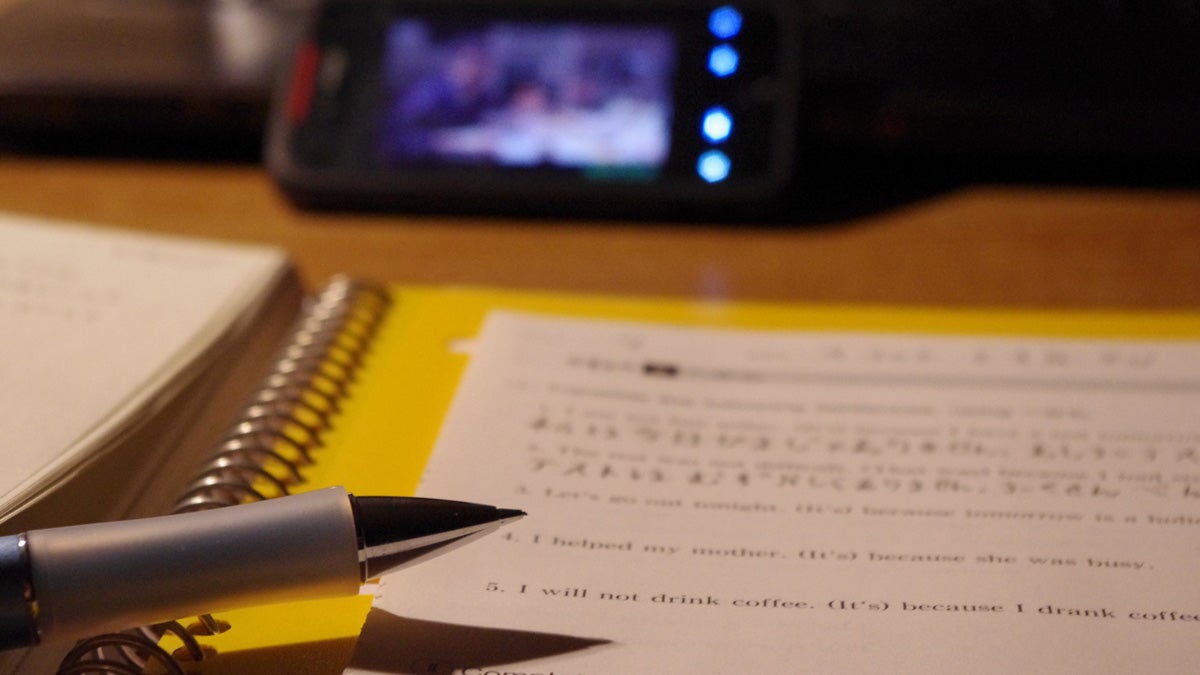How much homework should your kids be doing?
Listen
If teachers are assigning homework to teach kids new concepts
Ten minutes per grade, per night, says one expert.
“Kindergartners should not be having homework,” exclaims Stephanie Donaldson-Pressman, the clinical director of the New England Center for Pediatric Psychology.
While the natural response to hearing that statement might be to nod your head in reflexive agreement, the fact is, most kindergarteners do have homework assigned each night. And according to Donaldson-Pressman, who has studied the value of homework at the clinical level, “homework is being assigned to prepare children for the next grade level.”
She adds, that’s not what homework is for.
“In the first, second, and third grade, their real homework is to be kids,” she told Pulse host Maiken Scott.
That means going outside to play so that children could develop social and physical skills with their peers.
“If you are inside doing homework during those years then you aren’t learning basic communications skills and basic physical skills… it’s embarrassing to try anything new… and to make mistakes.”
As for older children, homework should be about solidifying skills rather than doing busy work. Additionally, Donaldson-Pressman says that with the implementation of the Common Core Curriculum, parents are expected to teach their children.
Donaldson-Pressman noticed that some parents were under the impression that this level of preparation would provide their child with a higher chance of getting into a good college, other parents liked the idea that lots of homework meant their kids wouldn’t be out doing who knows what. Other parents still liked to be able to brag about the endless hours their kids were putting it studying.
So, in the face of the “pile it on” theory of homework, Donaldson-Pressman proposes the following:
“Starting in the first grade, there should be ten minutes of homework per grade level… It’s just to get a child used to going to one place to concentrate for ten minutes on something that is academically oriented.”
This gradual development of a study habit introduces them to prioritizing their work and managing their time better.
Donaldson-Pressman leaves us with a kernel of wisdom: homework isn’t everything, and, in order to be well rounded, children should take time to engage with their peers and to pursue their passions.
WHYY is your source for fact-based, in-depth journalism and information. As a nonprofit organization, we rely on financial support from readers like you. Please give today.



